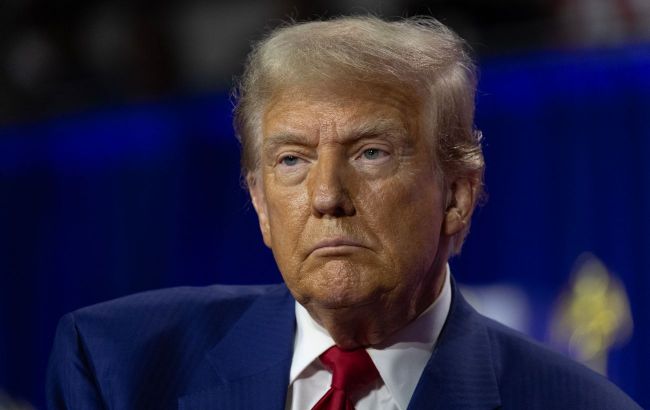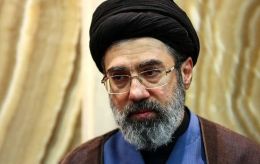Could Trump lead US out of NATO: Experts weigh in
 Photo: Donald Trump, 47th President of the United States of America (Getty Images)
Photo: Donald Trump, 47th President of the United States of America (Getty Images)
The United States is unlikely to leave NATO during the leadership of the 47th President, Donald Trump. At the same time, the question remains open as to how Washington will approach Article 5 and support for allies, experts discuss in the article by RBC-Ukraine titled "NATO under Trump. Possibility and consequences of US withdrawal from alliance."
Pavlo Zhovnirenko, chairman of the Center for Strategic Studies board, explained that Trump is likely to stop threatening to withdraw the US from NATO. Previously, the Republican used such threats to "motivate" alliance partners to increase their defense spending to 2% of GDP, which, according to the expert, was a form of "blackmail."
At the same time, the concept of "paying the bills" may be broader, and it is not guaranteed that Trump will not come up with other demands related to specific NATO members. Currently, not all alliance members have managed to meet the defense spending target of 2% of GDP.
"I can't imagine that the United States will formally withdraw from NATO, but what kind of attitude it will have towards Article 5 and assistance to other alliance countries is an open question," said Andreas Umland, an analyst at the Stockholm Centre for Eastern European Studies.
Zhovnirenko added that a policy of non-intervention aligns with Washington’s historical patterns during world wars. In the future, the US will likely delay direct involvement in any military operations, as it did during the two world wars.
"I don't want to be a Cassandra, but it looks like the United States may need a new Pearl Harbor to get them to get involved," the expert added.
Trump’s threats to leave NATO
During his first presidency, Trump called on NATO allies to increase efforts to meet their financial commitments within the alliance, particularly by raising defense spending to at least 2% of GDP. The full-scale war in Ukraine ultimately pushed Western states to increase their military budgets significantly.
The former President of the European Council, Charles Michel, argued for the need for the European Union to transition to a "military economy" due to potential threats from Russia.
The media reported that Norway, for its part, plans to double its military spending over the next 12 years due to its strategic location near critical seas.



